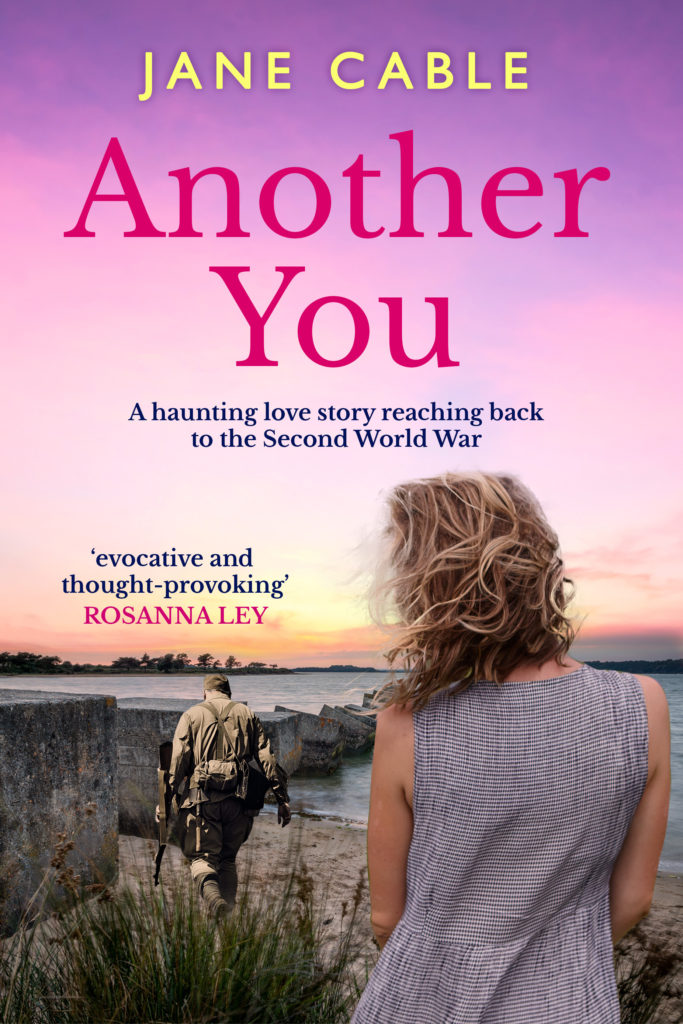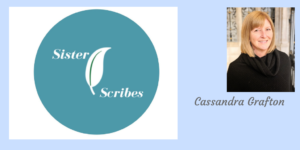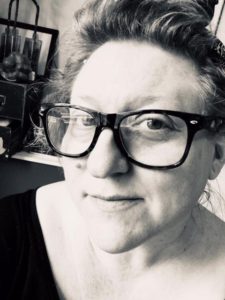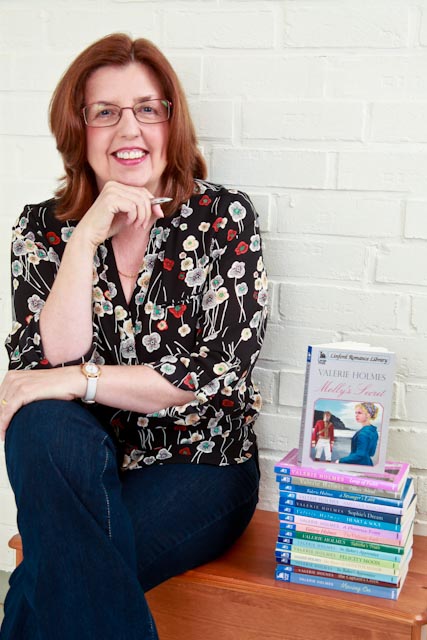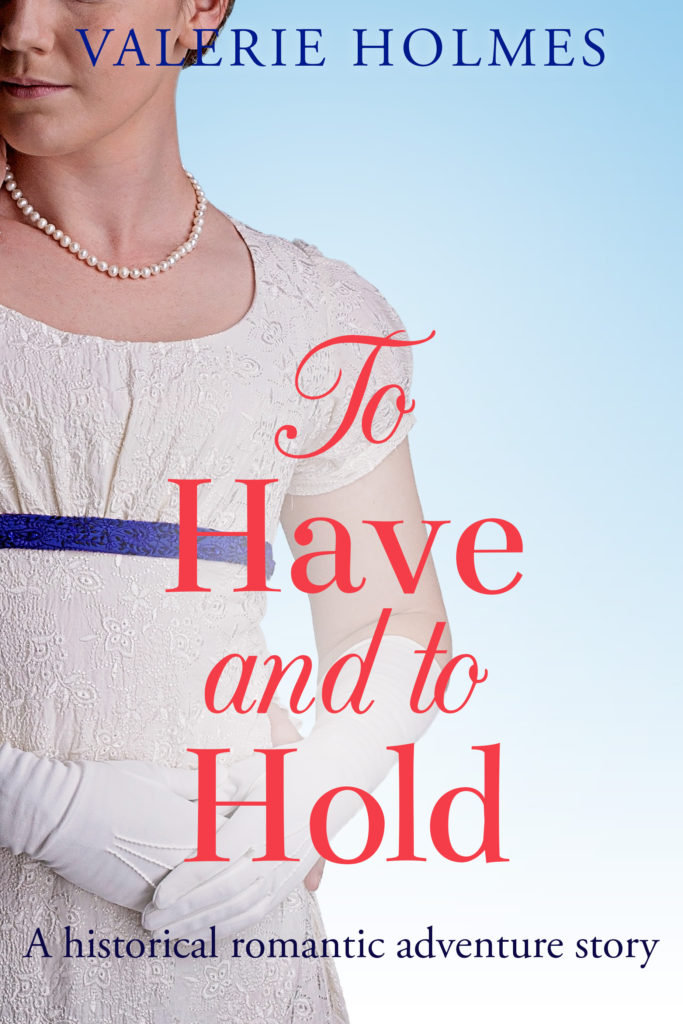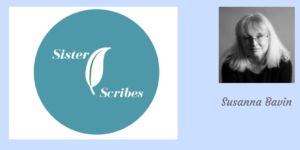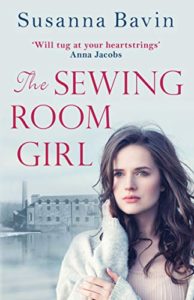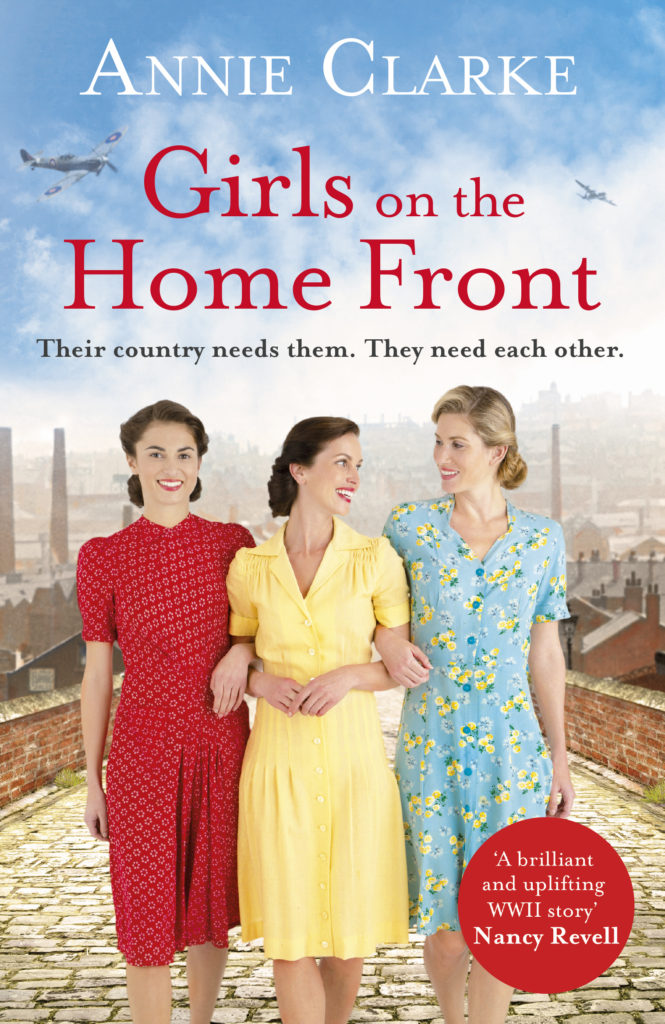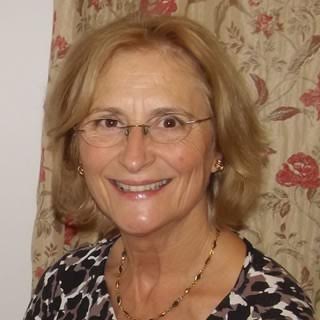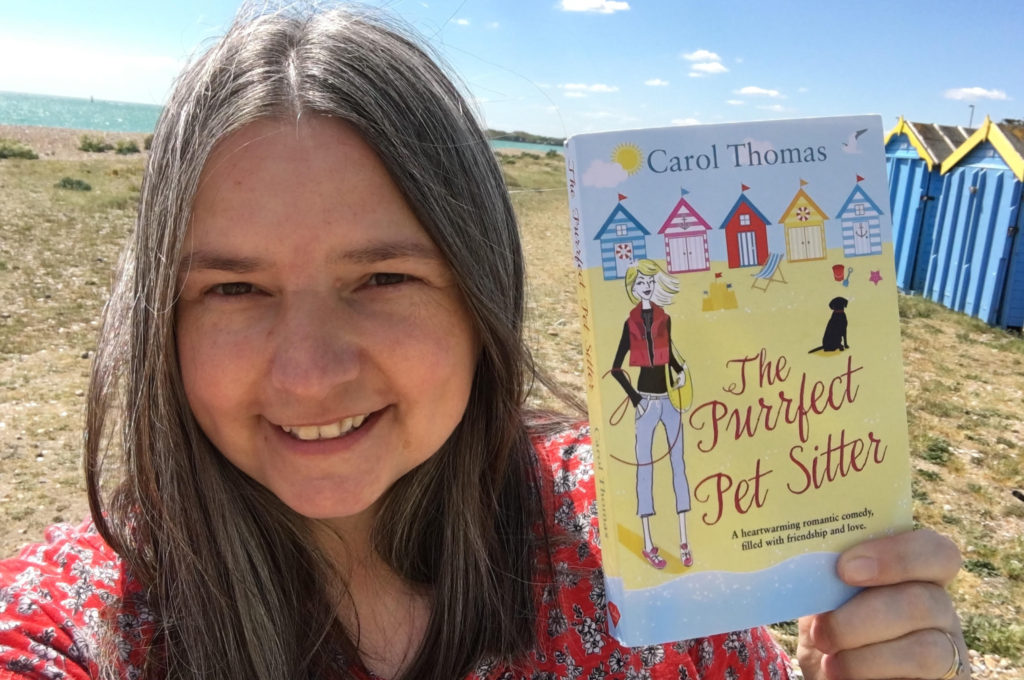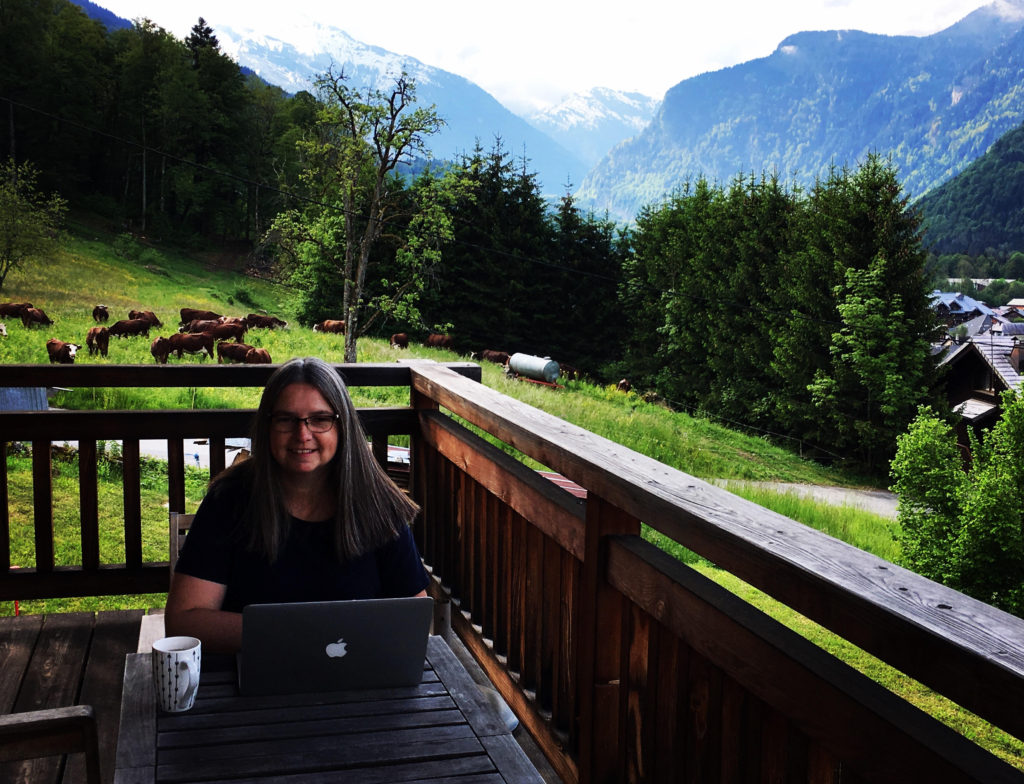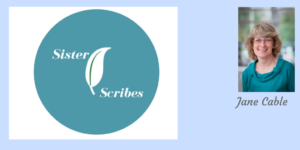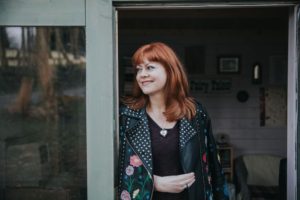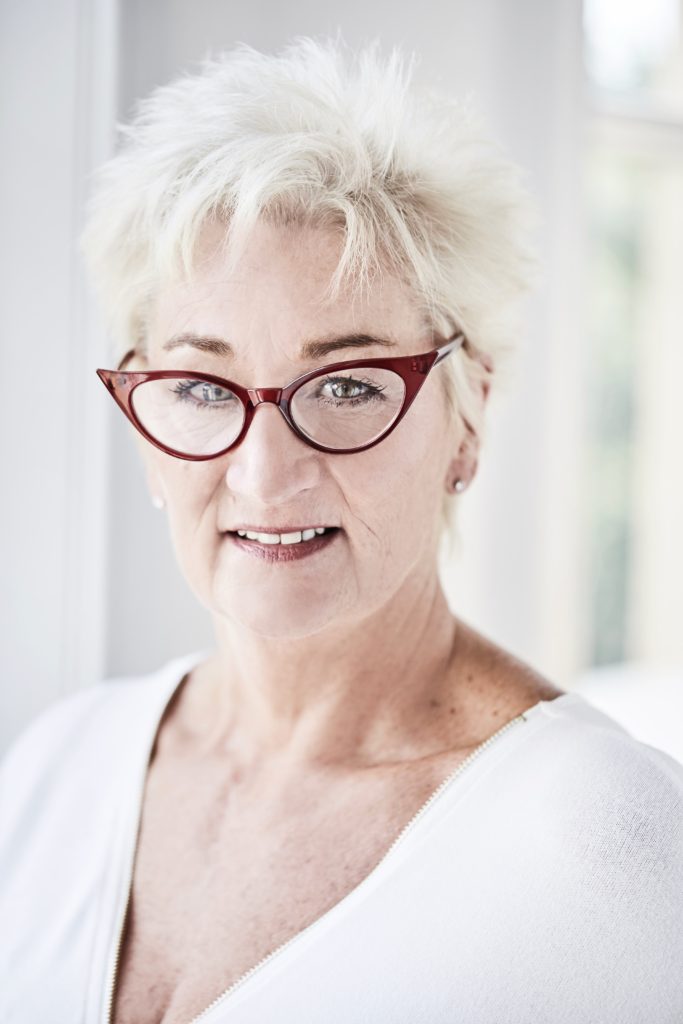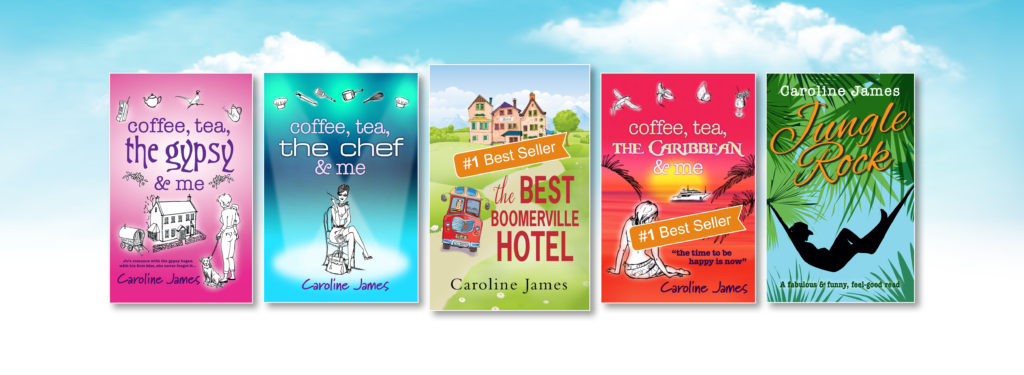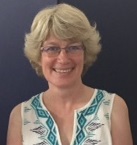 As well as being contributing editor to Frost, I write romance with a twist. My first two novels were published independently but now I’m signed by Sapere Books.
As well as being contributing editor to Frost, I write romance with a twist. My first two novels were published independently but now I’m signed by Sapere Books.
My books are relationship driven, because how people fall in love, mess it up, or get it right, fascinates me. But there always has to be something else. My stories are contemporary but the strapline on my promotional material is ‘the past is never dead’ and for very good reason.
My first book with Sapere, Another You, is published on 27th June. It’s a story of family life which draws on the horrors of combat, both in modern times and World War 2 as Marie fights to reclaim her identity outside her marriage and discover what really matters to her.
A bit about your process of writing.
I am at my best first thing in the morning, so that’s when I tend to write if I’m working on new material. I creep out of bed, make a coffee and settle down at my laptop to work up the ideas I’ve been thinking about. I’ll keep writing until I either run out of story or emotional energy, then have a shower and get on with the rest of my day.
Do you plan or just write?
I used to just write, but now I’m working with a publisher I have to plan. It’s more time efficient too, saving endless rewrites. I still need to give my characters room for manoeuvre though, because inevitably they will shape the story more and more as it progresses.
What about word count?
I don’t stress about word count as long as I feel I’m making progress. Every day my Sister Scribe Kitty Wilson and I check in with each other to make sure we’re sticking to our writing goals.
How do you do your structure?
I used to write first then overlay character and story arcs to make sure they made sense. It always surprised me when they did, but Frost’s wonderful editor Margaret Graham says that the rhythm of story-telling is innate in those who have read since childhood. However these days I have a more, well, structured approach after Cornish writer friend Liz Fenwick introduced me to Blake Snyder’s Save The Cat. The approach comes from screenwriting but works for novels too, splitting the story into ‘beats’. I find it really helps me to focus.
What do you find hard about writing?
Getting published! Most of my books have a slightly ghostly element (or at least, could be read that way) and in the past that has made publishers run a mile. At Sapere they understand that if told in the right way, readers love the world of consciousness beyond matter – even in a genre like romance.
What do you love about writing?
I think what I love most of all is being read. It’s being able to create characters and craft their stories in a way readers relate to. One of my proudest moments was when a woman approached me to tell me that The Cheesemaker’s House had got her reading again after her husband’s death.
Advice for other writers.
The more you write, the better you get at it, so never, ever, be tempted to publish an early draft. Polish it, craft it – work with an editor if you can afford to, but never let a book see the light of day until it’s as good as it possibly can be.

